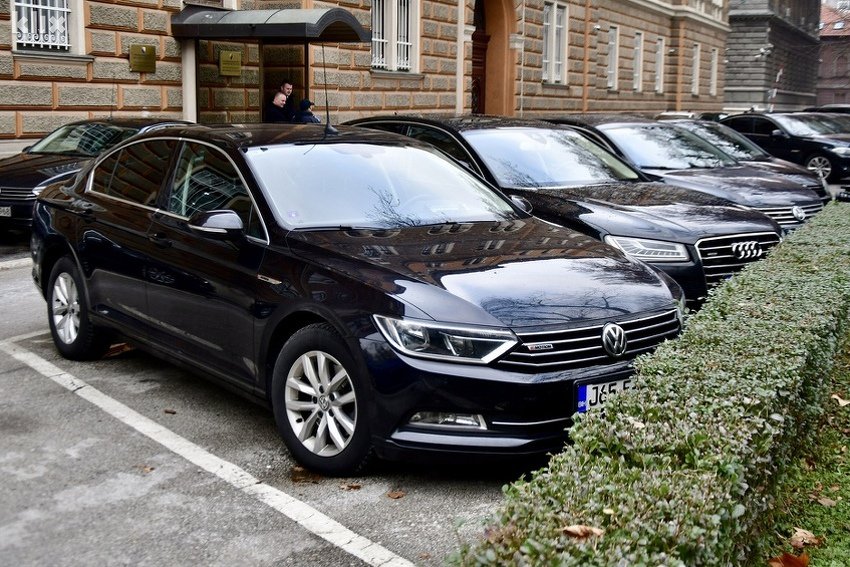
Each country has the sovereign right to choose its security arrangements, and whether states choose to cooperate with the North Atlantic Treaty Organization (NATO) through a partnership or as full members of the Alliance depends on each applicant and 30 allies. This was said for Fena by NATO spokeswoman, Oana Lungescu.
As she pointed out, no third party has the right to intervene or veto such a procedure, and all threats in this regard are unacceptable because the time of the sphere of influence has gone.
“NATO and Bosnia and Herzegovina (BiH) have long-term and mutually beneficial cooperation. Cooperation with NATO does not prejudge any potential future membership of BiH in the NATO alliance. We fully respect the country’s sovereignty and independence and we welcome BiH’s continued contribution to our Euro-Atlantic security,” noted Lungescu.
In this way, NATO commented on the announcement of the Russian Embassy in BiH that if a practical rapprochement occurs between BiH and NATO, they will have to react to what they called a hostile act.
On December 5th, 2018, BiH was admitted to the Membership Action Program (MAP). A year after, the BiH presidency decided to accept a document called the Reform Program, which was supposed to mean the country’s continuation towards stronger integration into NATO.
The Reform Program is no different from the Annual National Plan (ANP) prepared by any country that strive to become a member of NATO. It is a plan of achievement and planned reform in several areas, including political, security, legal, and defense reforms.
“We call on BiH friends to think carefully, to weigh the pros and cons, to consider the opinion of all the country’s citizens who are far from consensus on this regard,” as the Russian Embassy in BiH said in a press release.
The statement from the Russian Embassy in BiH came a day after the Commission of BiH for Cooperation with NATO was constituted, based on the decision of the Council of Ministers from February 24th, 2021.


















